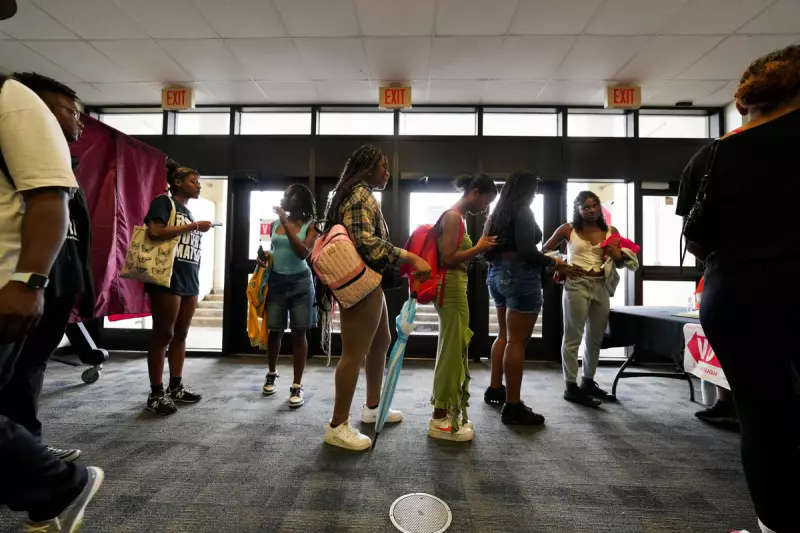
In a stunning decision that has sent shockwaves through American political circles, the US Supreme Court has ruled against the state of Alabama in a landmark voting rights case that could reshape the political landscape for years to come.
A Watershed Moment for Voting Rights
The court's 5-4 ruling rejected Alabama's congressional map that had been accused of illegally diluting the voting power of Black residents. The decision represents a major victory for civil rights advocates who argued that the Republican-drawn map violated the Voting Rights Act by packing Black voters into a single district while spreading others across multiple districts to minimise their political influence.
Unexpected Alliance on the Bench
In a surprising turn, Chief Justice John Roberts joined the court's liberal justices in the majority opinion, writing that Alabama's map likely violated Section 2 of the Voting Rights Act. This provision prohibits voting practices that discriminate on the basis of race, colour, or membership in language minority groups.
The ruling forces Alabama to redraw its congressional districts to include a second district where Black voters have a realistic opportunity to elect their preferred candidate. African Americans constitute approximately 27% of Alabama's population but currently hold only one of the state's seven congressional seats.
Political Implications and Reactions
The decision has immediate consequences for the 2024 elections and represents a significant setback for Republican efforts to gain congressional seats through redistricting. Civil rights organisations have hailed the ruling as a crucial protection against the erosion of voting rights for minority communities.
"This decision affirms that the Voting Rights Act remains a vital tool in combating racial discrimination in voting," said a spokesperson for the NAACP Legal Defense Fund. "It sends a clear message that attempts to marginalise Black voters will not stand."
Broader National Impact
Legal experts suggest this ruling could have ripple effects beyond Alabama, potentially affecting similar redistricting challenges in Louisiana, Georgia, and Texas. The decision comes amid ongoing battles over voting rights across the United States and represents one of the most significant voting rights rulings in nearly a decade.
As the 2024 presidential election approaches, this Supreme Court decision ensures that voting rights and fair representation will remain at the forefront of American political discourse, with profound implications for the balance of power in Congress and beyond.





